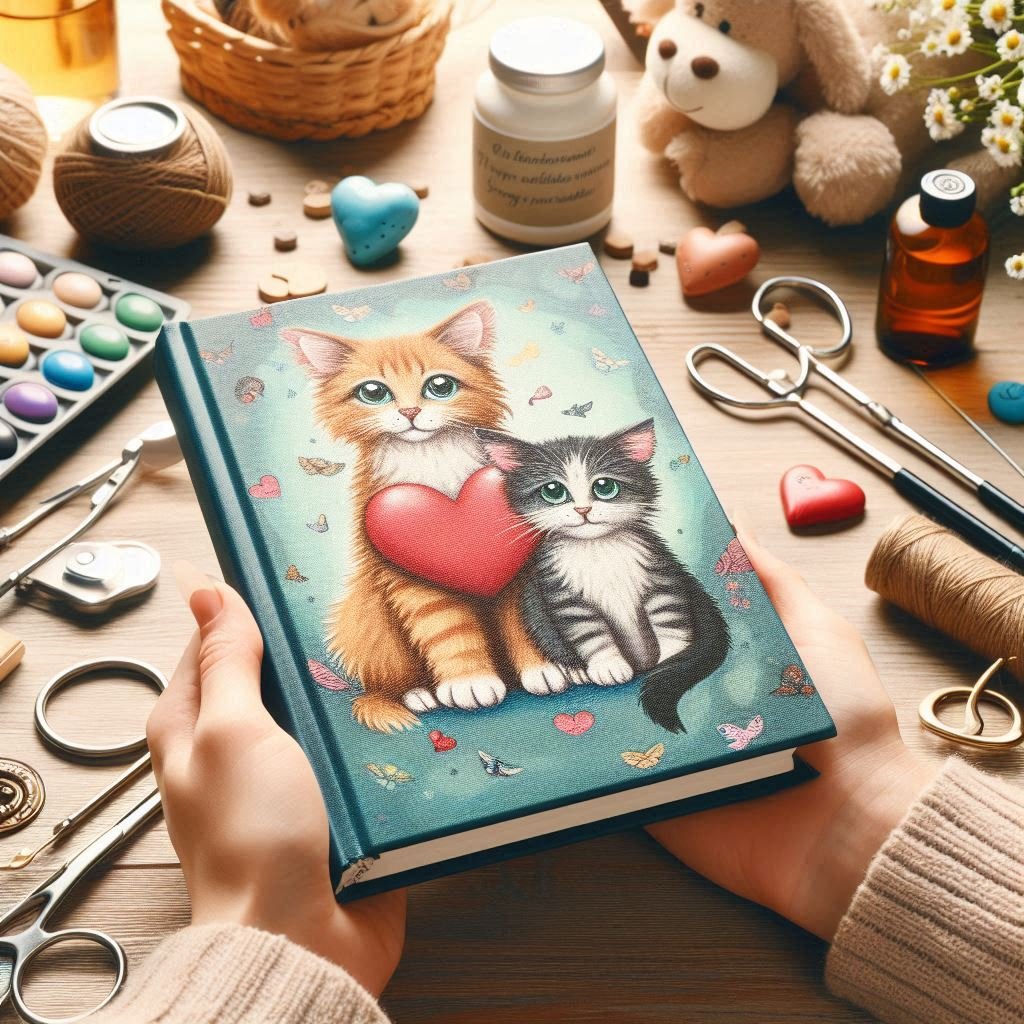Losing a pet is one of the most emotionally challenging experiences a person can face. Our pets aren’t just animals; they are companions, confidants, and, in many cases, family. When they pass away, the grief can feel just as intense as losing a human loved one, which is why learning how to cope with the loss is so important. In this blog post, we’ll explore effective strategies to help you navigate the painful process of losing a pet, while also honoring their memory.
Understanding Grief and Loss
Grief is a complex and personal journey. There’s no “right” way to grieve, and the intensity of your feelings may vary depending on your relationship with your pet. Pets offer unconditional love, emotional support, and companionship, making their loss deeply painful.
When a pet dies, it’s common to feel emotions that mirror the stages of grief often experienced with the loss of a human. These stages include:
- Denial: You may find it hard to believe that your pet is truly gone.
- Anger: Feelings of frustration or guilt may surface, questioning if you did enough for your pet.
- Bargaining: You may replay scenarios in your head, wishing you could have done something differently.
- Depression: A profound sadness can set in, making daily tasks feel overwhelming.
- Acceptance: While the sadness may never fully disappear, you reach a point where you begin to find peace.
It’s important to note that grief is not a linear process. You may feel a mixture of these emotions all at once or cycle through them unexpectedly. But validating your grief and acknowledging the depth of your feelings is the first critical step towards healing.
Effective Coping Strategies
1. Acknowledge Your Feelings
First things first, give yourself permission to grieve. It’s easy to feel like you need to “move on” quickly or diminish the significance of your loss because it was “just a pet.” But let’s be honest—your pet wasn’t just a pet. They were likely your best friend, your cuddle buddy, or your source of comfort during difficult times. Allow yourself to feel the pain and know that grieving deeply for a pet is completely normal.
Tip: Suppressing your emotions often only prolongs the grieving process. Cry if you need to. Speak openly about your feelings. It’s all part of the healing process.
2. Create a Memorial
Many people find comfort in honoring their pet’s memory through a memorial. Whether it’s a small garden in your yard, a personalized urn, or a scrapbook filled with favorite memories, creating something tangible can be an important step in processing your grief. It’s a way to acknowledge the joy your pet brought to your life and keep their memory alive.
Some ideas for memorials include:
- Planting a tree or flower in their memory.
- Creating a scrapbook or photo album.
- Holding a small memorial service with close friends and family.
3. Maintain Routines (Especially for Other Pets)
If you have other pets, it’s important to keep their routines as consistent as possible. Just like you, they’re likely grieving the loss of their companion, and maintaining a sense of normalcy can help. Routines can provide comfort—whether it’s feeding them at the usual time, going for walks, or keeping up with their regular playtime. These small daily activities can bring stability in a time of emotional turmoil.
4. Seek Support
Talking about your feelings can be incredibly cathartic, especially with people who understand the bond you shared with your pet. Whether it’s family, friends, or a support group, don’t be afraid to reach out. There are even online forums and social media groups dedicated to pet loss where you can share stories, advice, and support with others who are going through a similar experience.
Sometimes, the support of others who’ve experienced a pet loss can make a world of difference.
5. Take Care of Yourself
Grief can be physically and emotionally draining. You may find yourself sleeping less, losing your appetite, or feeling generally fatigued. It’s crucial during this time to take care of your body as much as your mind. Make sure you’re eating well, getting enough rest, and incorporating physical activity, even if it’s just a short walk. Taking care of your own well-being will help you navigate through the grieving process with more clarity and strength.
Quick Tips to Boost Mood:
- Try taking short walks to boost endorphins.
- Keep a gratitude journal, even if it’s hard to feel thankful right now.
- Don’t skip meals, even if your appetite is low—small, nutritious snacks can help.
When to Consider Euthanasia: A Heart-Wrenching Decision
Sometimes, the loss of a pet doesn’t happen naturally, and you’re faced with the heartbreaking decision of whether to euthanize your beloved companion. This decision is never easy, but understanding when it may be time to consider euthanasia can help you make the most compassionate choice for your pet.
Here are some signs that it might be time to consider euthanasia:
| Signs Your Pet Might Be Suffering | Explanation |
|---|---|
| Loss of interest in activities | Pets stop showing interest in things they once loved (playing, eating, etc.) |
| Unmanageable pain | If your pet is experiencing constant pain that can’t be relieved by medication |
| Significant weight loss | This could be a sign of severe illness or a lack of desire to eat |
| Difficulty breathing or moving | Struggling to breathe or move can indicate severe discomfort and decline in quality of life |
If your pet is showing these signs, it might be time to have a conversation with your vet. Consulting a veterinarian will help guide you through the decision-making process, ensuring that you prioritize your pet’s well-being above all else.
Moving Forward: Life After Loss
It’s often said that time heals all wounds, but when it comes to losing a pet, healing doesn’t necessarily mean forgetting. You’ll never “get over” the loss of your pet, but in time, you may find peace in the happy memories you shared. The grief may soften, and you’ll be able to think of them without feeling as much pain.
Allow yourself to grieve at your own pace—there is no timeline for healing. It’s okay to take all the time you need before you feel ready to move on.
Consider Adopting Again (When You’re Ready)
Some people may find comfort in adopting another pet after a significant period of grieving, while others may need more time. There’s no right or wrong answer—what matters most is that you’re emotionally ready for the responsibility and commitment that a new pet brings.
If you do decide to adopt again, you aren’t replacing your lost pet. Rather, you’re honoring their memory by opening your heart to another animal who needs love and care.
Conclusion
Losing a pet is deeply painful, and it’s okay to grieve as long as you need. By acknowledging your grief, seeking support, and honoring your pet’s memory, you can find your way through the sorrow and eventually remember your beloved companion with joy rather than pain.
Remember, grief isn’t a race, and there’s no “normal” amount of time to feel sad. Take care of yourself, embrace the memories of your pet, and know that healing will come with time.

